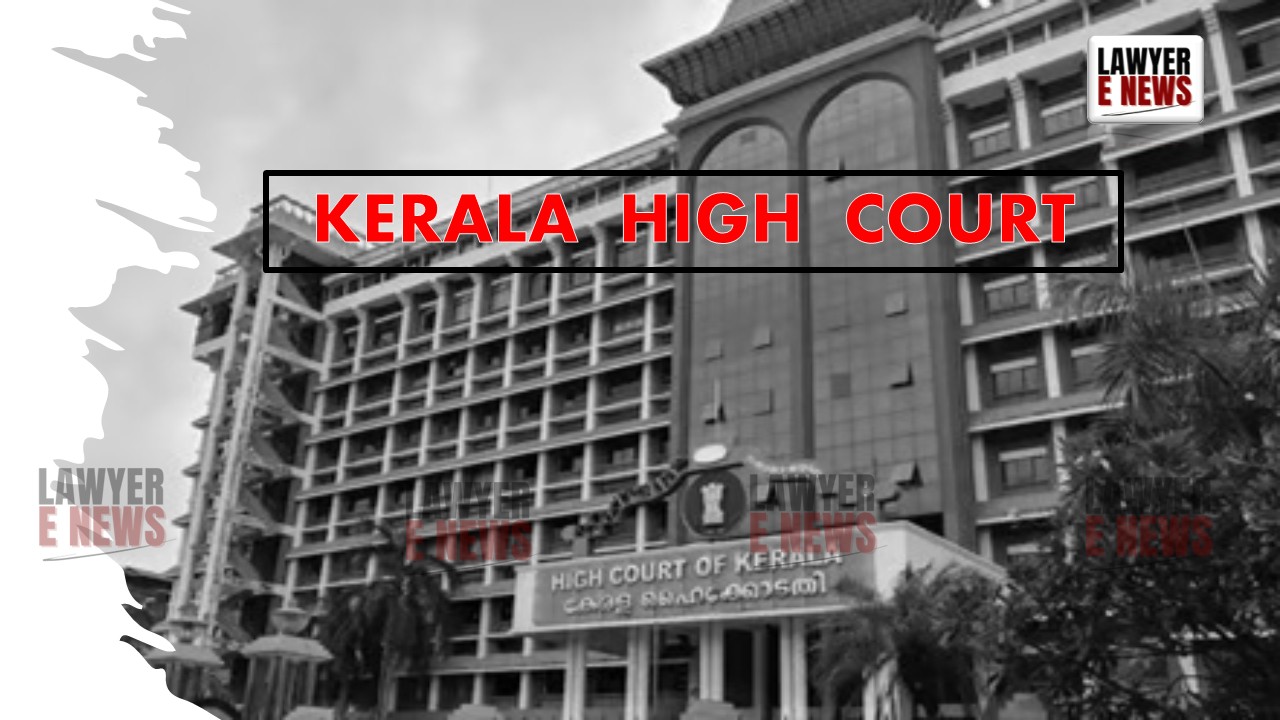-
by Admin
17 February 2026 2:34 PM



They Withdrew the Book the Moment They Knew — That Alone Shows Lack of Guilty Intent,” - In a ruling that sharply draws the line between civil and criminal liability in copyright matters, the Kerala High Court on April 7, 2025, quashed the criminal proceedings against top officials of Mathrubhumi Printing and Publishing Company, including its late managing director M.P. Veerendra Kumar, over the publication of a travelogue accused of plagiarism.
Justice G. Girish held that there was no material on record to show that the petitioners had any knowledge that the manuscript submitted to them was plagiarized. The Court observed that criminal prosecution under Section 63 of the Copyright Act requires the infringement to be committed “knowingly”, and that no such intention or awareness was evident from the complaint or supporting material.
“The publisher informed the complainant in writing that the book was withdrawn from circulation as soon as the issue came to light. That act alone reflects absence of mens rea.”
The complainant, travel blogger Manoj Ravindran, who writes under the name Niraksharan, had alleged that the author Kapoor Soman lifted 58 pages from his blog chilayaathrakal.blogspot.com and passed them off in a book titled “Spain Kalaporinte Nadu”, which was printed and distributed by Mathrubhumi.
While Soman faced direct allegations of literary theft, the complainant also roped in the publishing house and its directors, accusing them of deliberate participation in copyright infringement. But the Court found the complaint to be “perfunctory and lacking in foundational facts”.
“There is absolutely nothing in the complaint to suggest that the petitioners were aware that the book was the product of copyright violation,” the Court observed, adding that the criminal case against the publisher’s board was “an overreach” and unsupported by law.
“It is not enough to simply assert that publication was deliberate — the complainant must demonstrate that the accused had knowledge of the underlying infringement.”
The Court noted that the publishing company, upon discovering the plagiarism allegation through a Facebook live video, promptly withdrew the book and informed the complainant via a letter dated 29.12.2017. Despite this, the complaint alleged that copies remained in circulation. The High Court, however, clarified that such after-the-fact distribution, without proof of intent, cannot establish criminal liability.
Referring to the specific language of Section 63, the Court underscored:
“The phrase ‘knowingly infringes’ cannot be presumed. It must be pleaded, and more importantly, it must be proved. That threshold has not been met here.”
“Being a company director is not enough — there must be evidence of direct involvement or knowledge of the wrongful act.”
The Court expressed disapproval of mechanically dragging company officials into criminal proceedings just because they occupy managerial posts.
“The complaint names the board members without establishing any connection between them and the decision to print the book. Criminal law demands more than speculation or assumption.”
The Court found no specific allegation against any of the accused directors regarding their role in editorial, content vetting, or publication decisions. It concluded that the complaint failed to cross the essential legal bar for initiating criminal proceedings.
“The allegations may constitute a civil wrong — but not every civil wrong leads to criminal prosecution.”
While quashing the complaint, the Court clarified that its observations would not impact the ongoing civil suit for copyright violation (O.S. No. 3/2019) filed by the complainant before the District Court, Ernakulam. The matter of damages and copyright ownership, it said, could be settled through civil adjudication.
“There being no material to show that the petitioners were aware of the infringing nature of the book at the time of publication, no offence under Section 63 of the Copyright Act is made out. The complaint is quashed.”
Date of Decision: April 7, 2025
